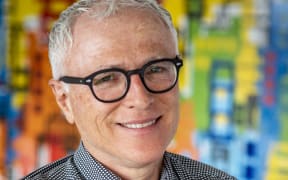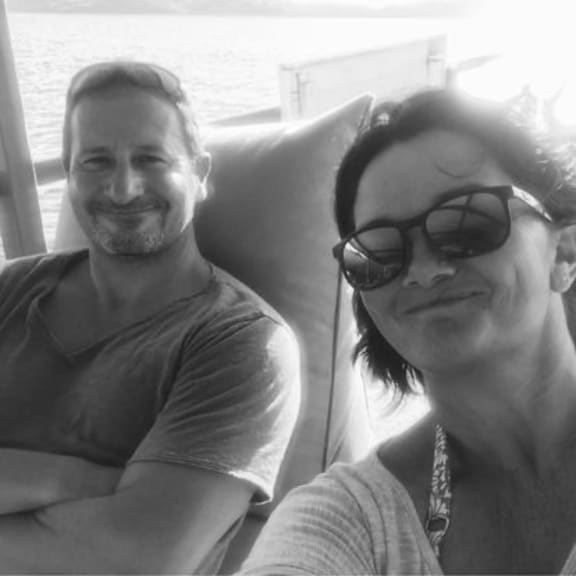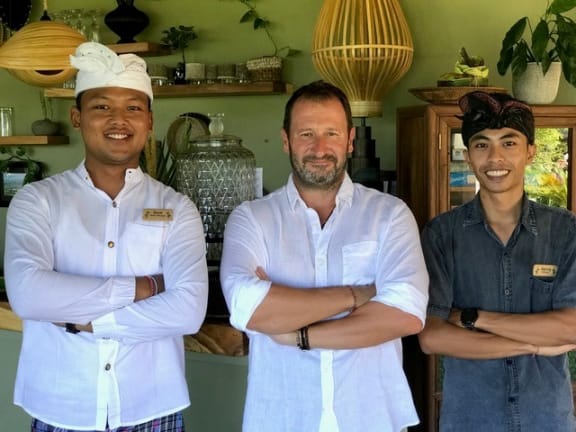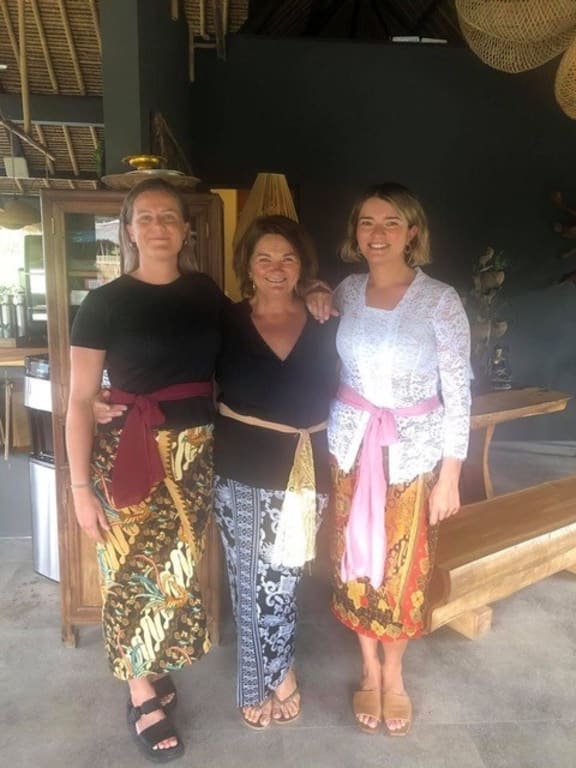Sunday Morning for Sunday 12 December 2021
8:11 Covid-19 update with Professor Michael Baker
Two further Covid-19 deaths this week brought New Zealand ever-closer to recording a half century of pandemic fatalities -- with our Covid death total now sitting at 46 -- while the country remains on target to reach the 90% vaccination rate by Christmas.
Professor Michael Baker, the well-known public health physician from the University of Otago, Wellington, is back with us to discuss the inevitable arrival of the Omicron variant, the increased risks Covid survivors face, the idea that the time of day a person receives their vaccine has an impact on the body's immune response, and what can be expected when New Zealand's largest city, Auckland, opens its borders this week.
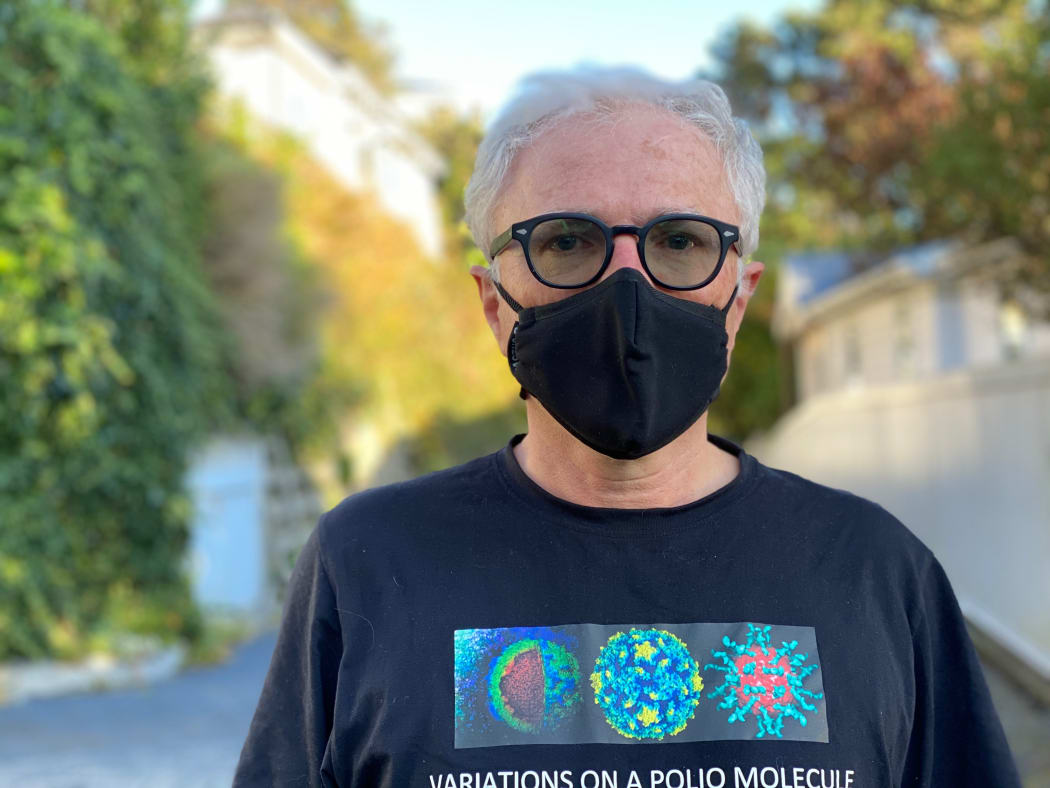
Professor Michael Baker Photo: Supplied
8:25 $5-billion asteroid Nereus to fly by this morning
It will be close to us as we speak this morning, the asteroid 4660 Nereus doing a flyby of the earth.
In the early hours of Sunday morning, the 1,083-foot asteroid - which is believed to contain $5 billion worth of precious metals - will get to within four million kilometres of us. (That's still about 10 times the moon's distance, but considered close on a cosmic distance scale.)
Still, to see 4660 Nereus, you would have needed at least a 20-cm telescope, or larger.
Planetary astronomer Dr Michele Bannister, from Canterbury University's School of Physical & Chemical Sciences, joins the show to give a rundown on what happened earlier today and the significance of 4660 Nereus.

Photo: 123rf
8:39 The Weekend Panel with Tim Watkin and Brigitte Morten
Joining us on the Weekend Panel this morning are RNZ Executive Producer Podcasts and Series, Tim Watkin, and Franks & Ogilvie Senior Consultant, Brigitte Morten. Among other topics, they'll be discussing whether forbidding people ever to smoke again will work, the uphill battle facing the Te Aorerekura initiative, and the fact that the traffic lights are saying go while many communities are saying 'Stop!'

Photo:
9:06 Mediawatch
This week Mediawatch how the recent death of a young entrepreneur prompted a big backlash against the media. Some business people accused them of cutting down a tall poppy. But what sort of scrutiny should they expect? Also: how media angst over so-called 'iwi checkpoints' obscured the reason for them in the first place.
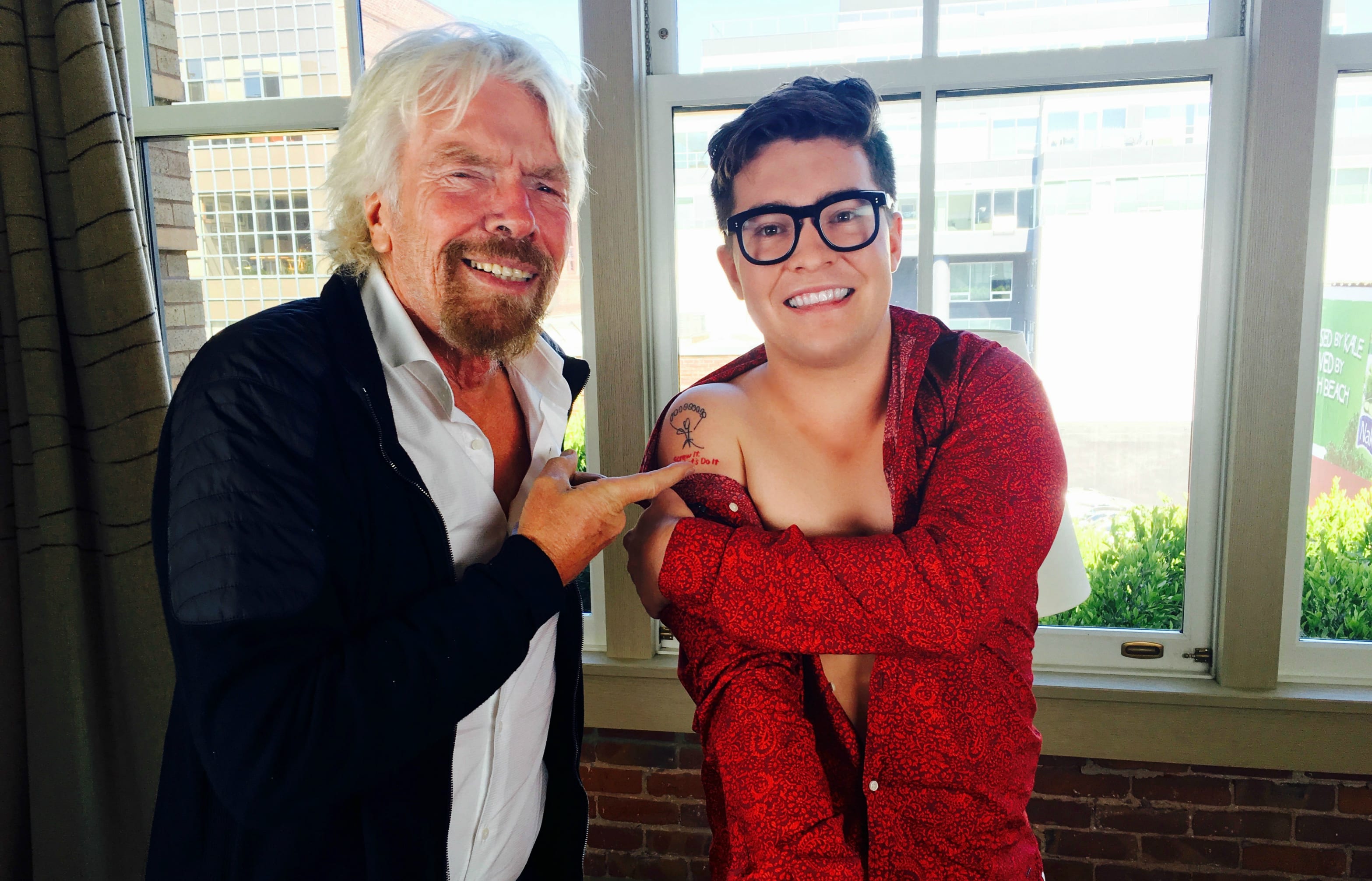
Jake Millar shows Richard Branson his tattoo. "The tattoo is a replica of a parachute my late father drew on my 10th birthday card. Underneath the parachute, it says 'Screw It, Let's Do It,' which is one of Richard's main quotes." Photo: Supplied
9:37 Calling Home: Tracey Rackliff in Sideman, Bali
It was during a deployment to the Solomon Islands in 2013 that former Wairarapa detective sergeants Tracey and Rob Rackliff decided that they were going to resign from the police and try something new... somewhere a little warmer.
Within a couple of years of their return from the Solomon Islands, the couple arrived in Sideman, Bali, where they opened a luxury resort and spa called Samanvaya.
Covid-19 has been a disruption, to say the least, but Tracey and Rob have soldiered on, keeping over 30 employees (all from local villages) in paid employment through the pandemic and even managing to expand the business while Indonesia's borders were closed to international visitors.
Tracey is joining us on Calling Home this morning.
10:04 Paul Kelly: "I've always loved Christmas music"
Paul Kelly's name wouldn't be the first that springs to mind for a lot of people when they think about Christmas music, but the celebrated Australian singer-songwriter's 1996 song 'How To Make Gravy' is the only Christmas song for a lot of others.
Kelly, who was recently voted Australia's Most Respected Artist, has continued with the Christmas theme by releasing Paul Kelly's Christmas Train, an extraordinary 22-song double album which sees the roots-rock troubadour take an extensive deep dive into all parts of modern Christmas, including a new version of 'How to Make Gravy' 25 years after its initial release. The first single 'Christmas' is out now.
Kelly joins the show to discuss Paul Kelly's Christmas Train, which includes Marlon Williams' take on the classic 'O Holy Night,' and why he has always been a fan of Christmas and its music.
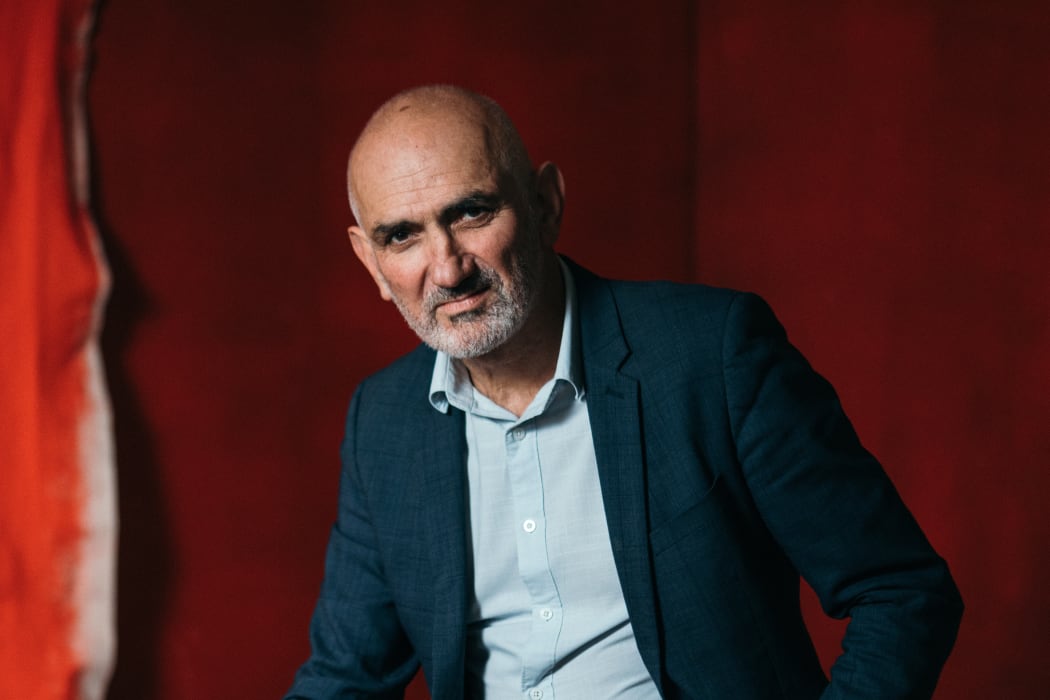
Celebrated Australian singer-songwriter Paul Kelly has a new Christmas album out. Photo: Michael Hili
10:25 Why do women age better and live longer than men?
Of the top 12 causes of death, there's only one in which women die at a higher rate than men. And 85 to 90% of centenarians are women. But why?
Dr Steve Austad, an expert on ageing at the University of Alabama at Birmingham, says that because we've never really taken these findings all that seriously before -- often blaming the lopsided stats on things like heart disease and the faster male decline -- we don't really understand why this is the case.
The paradox, says Dr Austad, is that women survive better but, particularly later in life, men are in better health. He also believes there could be a time in the future when we end up with different medicine for men and women.
Dr Austad is with us to look at the biological differences between men and women and why there is such a gap between the sexes when it comes to health and longevity.

Photo: 123RF
10:47 Welcome to the smart toilet era
We have smart-everything these days. Smart phones. Smart watches. Smart vehicles. You name it. But did you know there are also smart toilets?
Yes, that's right. Smart toilets.
Research professor Sonia Grego is the founding director of the Duke Smart Toilet Lab. She's currently working on a toilet that works as a health-screening tool, using sensors and artificial intelligence to analyse waste.
Health experts believe this new smart toilet -- which analyses and tracks stool samples and sends the data to an app -- could become the ultimate health monitoring tool, providing information relating to cancer and many other chronic diseases.
Professor Grego is with us to discuss the future of toilets.

Photo: LDR
11:05 How music can influence our purchasing habits
Ever found yourself picking up some nice French mustard or cheese when Edith Piaf is playing over the speakers of your local supermarket or deli? You certainly wouldn't be alone.
One recent study found that French wine outsold German wine five bottles to one when French music was being played. Another showed that playing country music resulted in an increase in the purchases of utilities, while playing classical music is likely to see consumers splashing out on luxury items.
Australian-based musicologist Professor Adrian North has spent his professional life studying the psychology of music and how people interact with it in different spaces. He says it's surprising, at least in Australia, that supermarkets aren't tweaking their playlists to get people to spend their money in different ways.
Professor North is with us to discuss the psychological cues that music offers up and how it speaks to fundamental aspects of our personalities.

A stamp from Environmental Choice means a company can substantiate claims it makes to being sustainable, says the organisation. Photo: 123RF
11:29 Why passion can be a dangerous thing
Following your passion is a popular mantra for career decision-making everywhere. But does passion have a dark side?
Erin Cech is an assistant professor of sociology at the University of Michigan and author of The Trouble with Passion: How Searching for Fulfillment at Work Fosters Inequality. In her new book, Cech explains why following our passion -- even if it means a poor salary and job instability -- is a seductive idea to many people. However, the 'passion principle' can also fail us, perpetuating class, gender and race inequality -- and even bolstering worker exploitation.
Professor Cech is with us to discuss her new book and who gets left behind by passion-seeking.
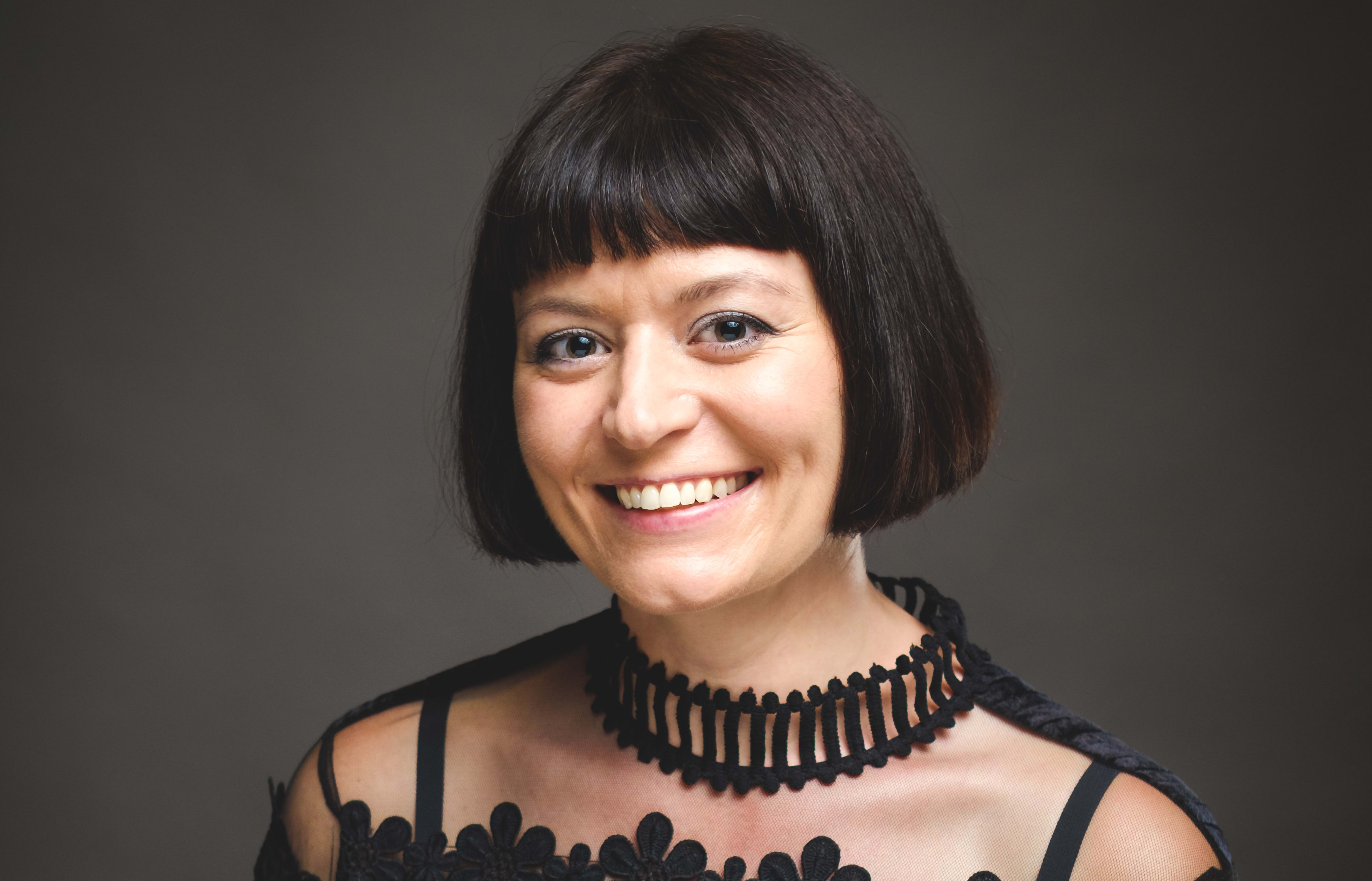
Erin Cech is an assistant professor of sociology at the University of Michigan and author of The Trouble with Passion: How Searching for Fulfillment at Work Fosters Inequality. Photo: Her & Him Studio http://herandhimstudio.com
